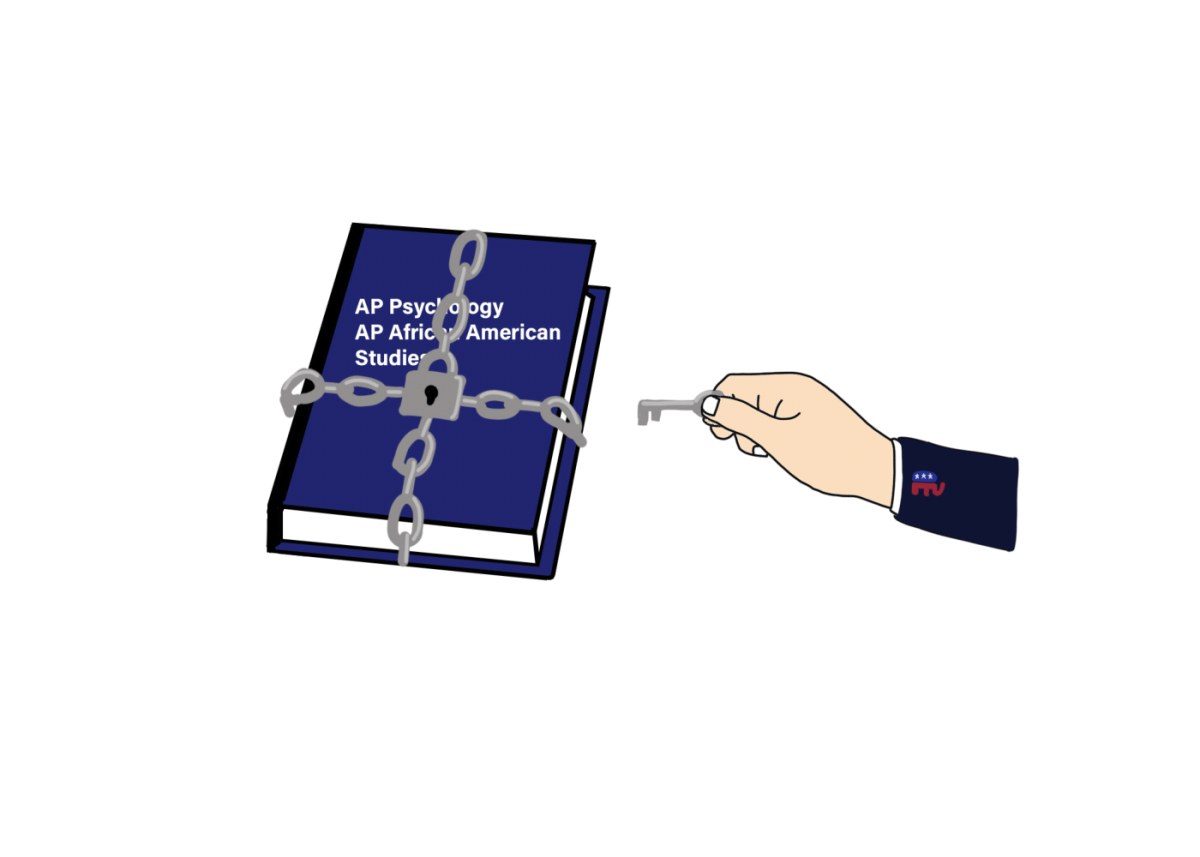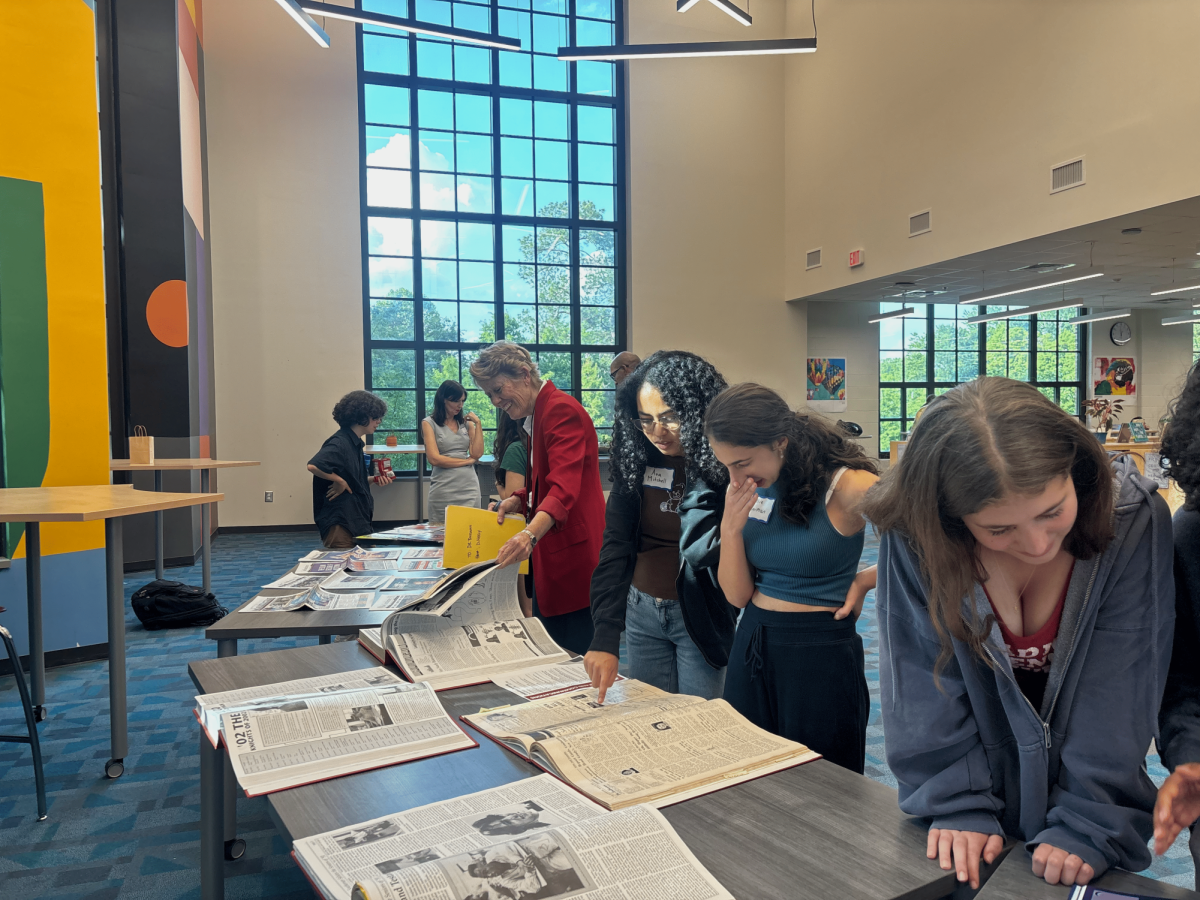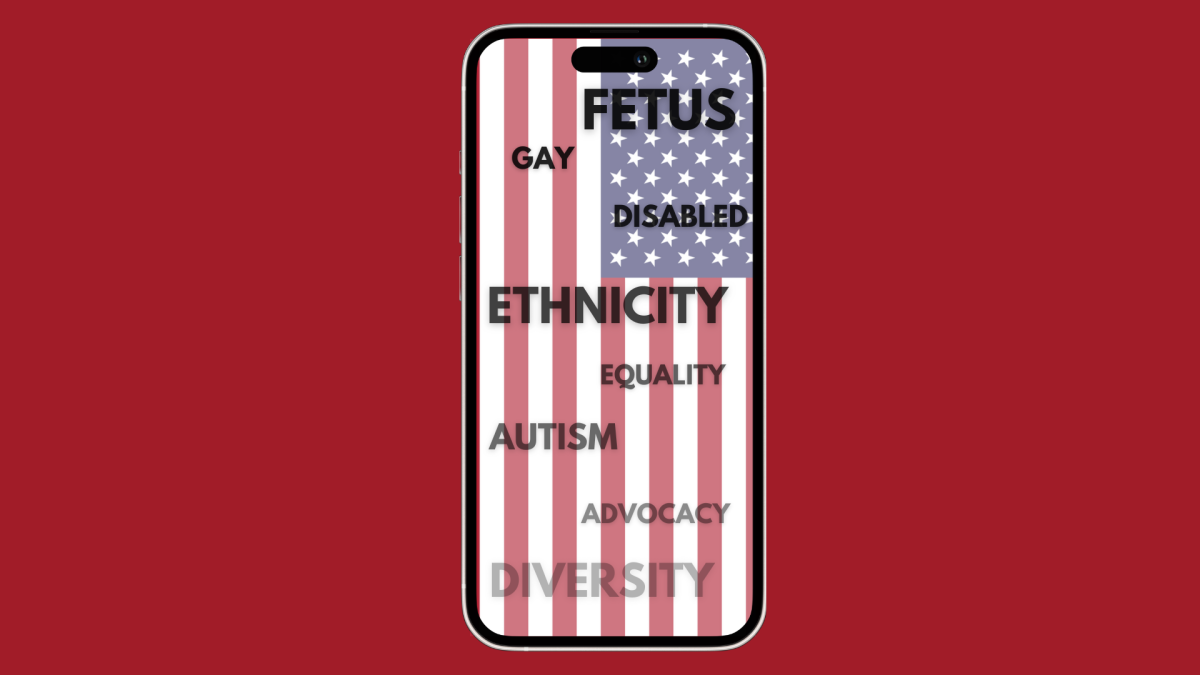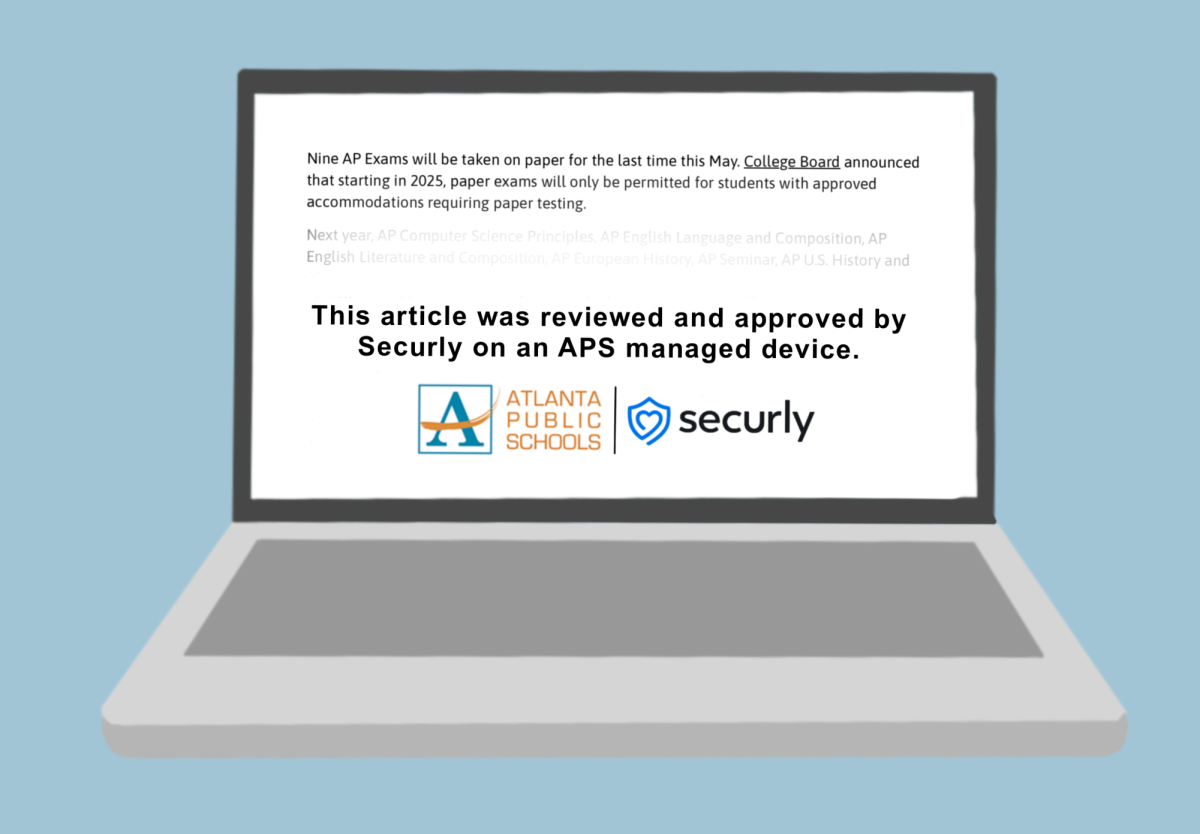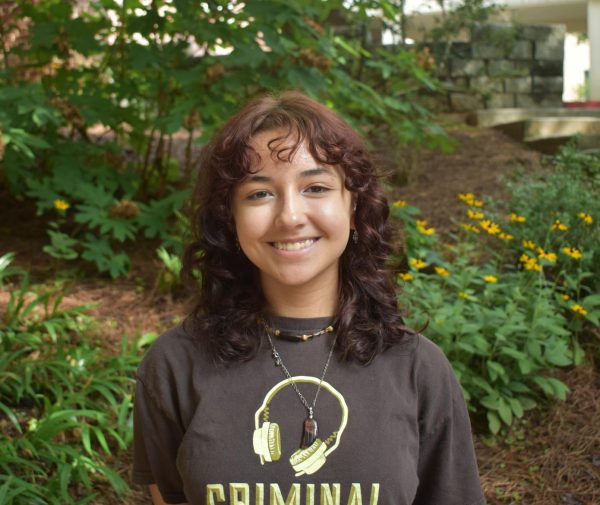Last year in Georgia public schools, critical race theory — the discussion of race and racism in society — was heavily restricted by Republican Gov. Brian Kemp. Similarly, at the same time in Florida, discussion of sexual orientation and gender identity was prohibited in classrooms. In the past two years, book bans and education censorship, in general, have been on a drastic rise in American education.
Now, two Advanced Placement classes in Florida have joined the list of restricted educational resources. Starting this school year, AP Psychology and AP African American Studies will not be offered in the state’s public schools. Not only will this decision take away valuable college level classes from Florida students, but it also sets a dangerous precedent for how controversial topics are handled in schools.
AP African American Studies, a course still in development, is being piloted this school year in hundreds of select high schools. Students taking the course will examine the challenges and achievements of the Black community using authentic and varied sources. The class aims to study the diversity of African-American experiences throughout history.
Last January, the Florida Department of Education issued a letter to College Board, the administrator of AP classes and exams, stating that Florida would not participate in the pilot program. According to the FLDOE, the course contradicts Florida law, is historically inaccurate and significantly lacks educational value. However, the letter failed to mention which law the course violates and which part of the course content is historically inaccurate.
Over the past few years, there has been a growing movement of anti-racism, as well as an increased attention to social justice, but in order for these movements to thrive, widespread education is necessary. A class that specializes in the history of a marginalized group should never be rejected, especially when there is no legal reason for rejection in the first place.
When AP classes, such as AP African American Studies, are created, the framework is gathered from hundreds of college and university syllabi as well as research and data. These resources are analyzed by a committee of college faculty and expert AP teachers who then create the course. However, despite the high level of credibility and detail that goes into the making of new courses, AP African American Studies was banned for vague reasons.
Florida’s Governor Ron Desantis, a Republican known for his extreme conservative policies, was a lead supporter of the ban. Along with race, he is also known for his advocacy against LGBTQ+ topics being taught in schools.
AP Psychology was banned for similar reasons — it contained themes too progressive for Desantis and his administration. According to a statement from College Board, the course was banned because it contained topics of gender identity and sexual orientation, conflicting with Desantis’s recent “Don’t Say Gay” law. The only way AP Psychology could be taught is if these topics were excluded from the curriculum. However, as they are integral parts of psychology, College Board refused.
State governments may be able to decide the general curriculum for students, but they should never have the ability to take away a student’s choice in higher education classes. As high school students begin to think of college and a job beyond that, AP classes can provide free, valuable experiences that prepare students for their futures. Students can also learn more about topics that interest them and earn college credit through AP exams.
Politicians should not be able to censor topics and limit opportunities for students just because they find the topic to be “controversial.” While many of these education restrictions are happening in Florida, they have, and can happen in Georgia, too. For many students, Black history and LGBTQ topics are vital parts of themselves. They should never be censored in public education.

